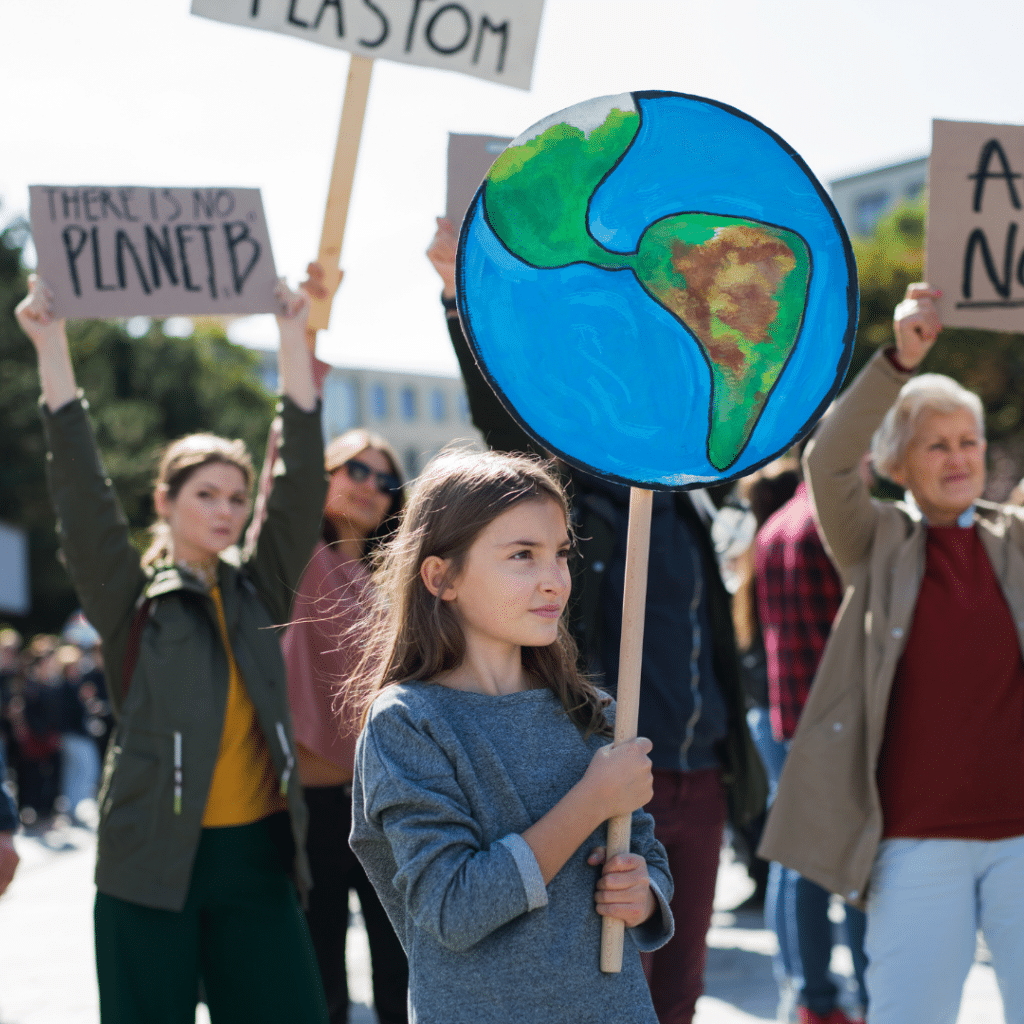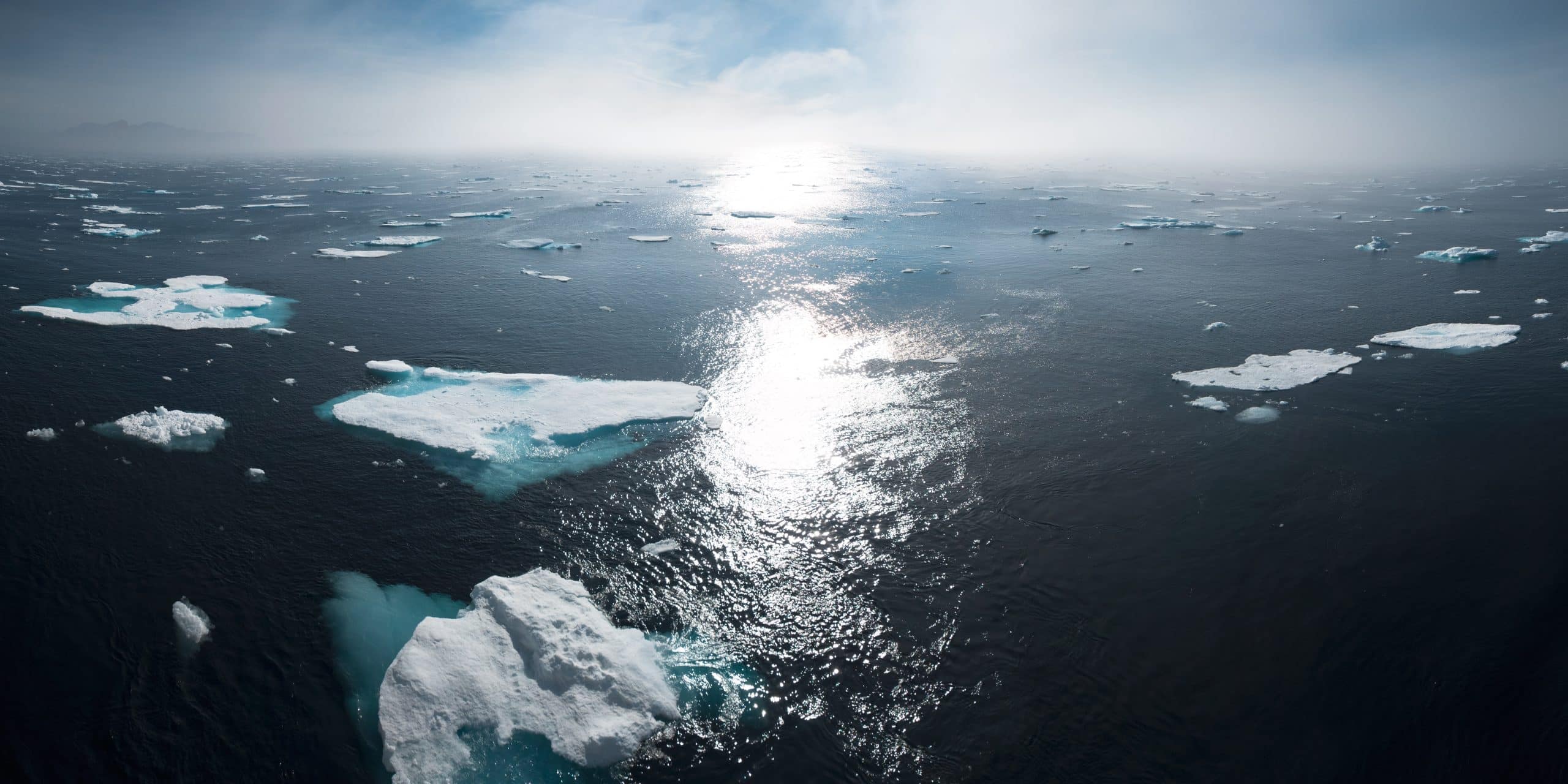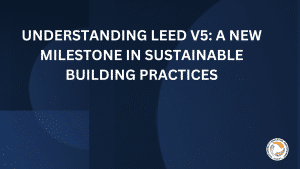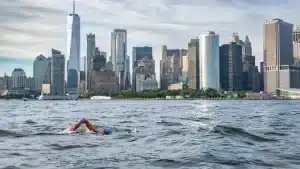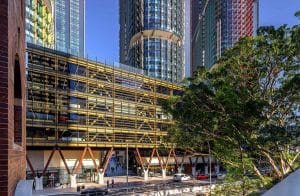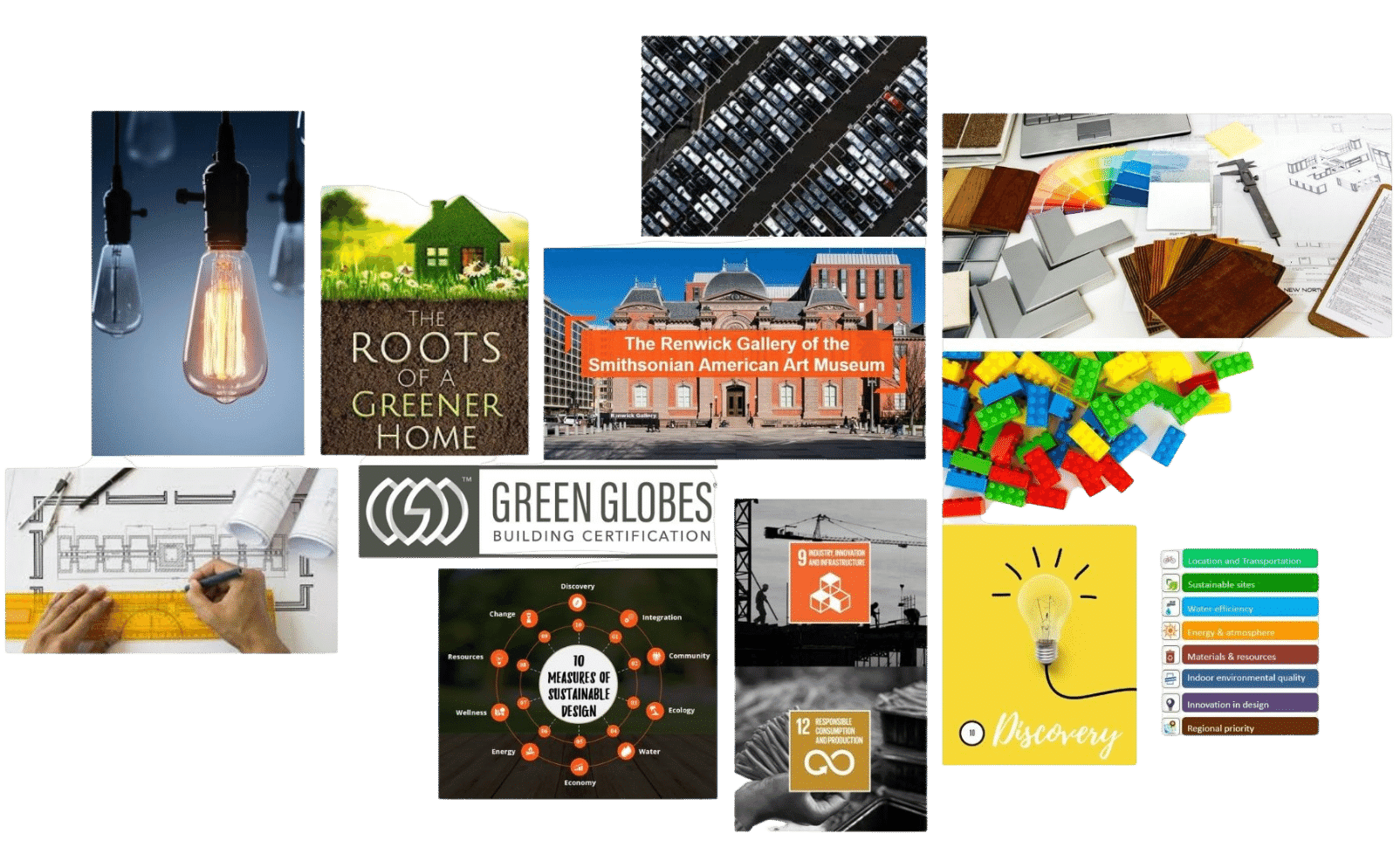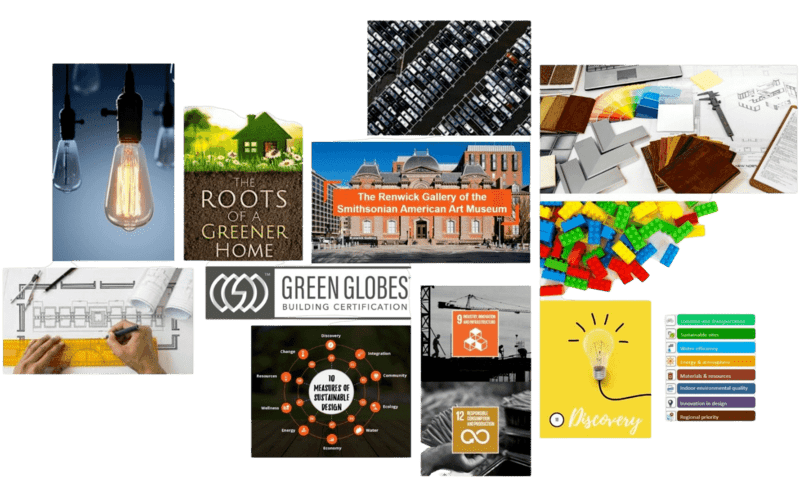By Simran Mishra
Climate change is considered to be one of the greatest reasons for our planet’s extinction, affecting the biodiversity all around us. It has already started affecting the lives of many, including our health. The threats that climate change poses to our planet include, an increase in temperature, the spread of various diseases, storms and floods, and disruption in the food system. Climate change dries up rivers and oceans, reduces our global harvest, displaces various communities, and destroys our infrastructure.
When the pandemic happened, people started becoming more aware of this impending issue. It helped shine the delicate relationship between humans, animals, and our environment. The last decade has been the hottest in the entire human history with wildfires breaking out, cyclones, and floods happening throughout the year and becoming the new normal slowly.
Climate Change: The Biggest Threat To Humans?
The world-renowned naturalist, David Attenborough called climate change “the biggest threat to security that modern humans have ever faced” and urged the governments around the world to recognize climate change as a global security threat. He warned that the present concentration of carbon dioxide in the air has not been equaled for millions of years.
With the arising issues around the world, the adverse effects of climate change will be devastating. In a situation of hunger, poverty, or resource degradation, humans will resort to conflicts. For example, look at Afghanistan, reduced harvest in their country has pushed people to be recruited by armed groups or starve in poverty look at the small island nations in the Pacific, where entire communities of people had to relocate.
Now Let’s Talk About The Actions We Can Take To Limit Climate Change
1. Save energy
Start with saving energy at home. Switch to all LED lights, lower your heating and cooling, buy energy-efficient products only and wash your clothes with cold water only.
2. Use less petrol
Use your car less and instead use public transportation or even cycle if you can. Walking is the best exercise and if you can walk to your local grocery store or to the park instead of taking your vehicle.
3. Vegetables
Eat more vegetables and fruits instead of meat as it will result in less greenhouse gas emissions and will require less land, water, and energy.
4. Food waste
Don’t waste your food. Try to eat in moderate amounts or pack up your food and store it. Throwing up food can result in methane production in landfills which is a very powerful greenhouse gas.
5. Sign up for the Climate Change Ambassador Program in GBRI
This GBRI’s Climate Change Ambassador Program is a collection of various courses, articles, and meaningful exercises that will enable you to learn more about climate change, progress steadily, and become an ambassador for our planet.
The self-paced program includes 3 levels. Each level is a collection of climate change courses, articles, and meaningful exercises. Participants will earn points and a certificate of completion for each action such as completion of a course, taking the quiz, and completing an exercise. Upon completion of all required steps under a level, participants will earn a climate change badge (Warrior, Champion, or Ambassador).
By signing up for this program, not only will you learn more about climate change but can help educate others about this impending problem as well.
Here’s the link to sign up today and make an impact to help our planet:
https://stag.gbrionline.org/certified-climate-change-ambassador/
References
Here’s a small music video prepared by Liesl Braganca, a part of the GBRI Family for you all. We hope this encourages you to take action and save our only home: Planet Earth!

